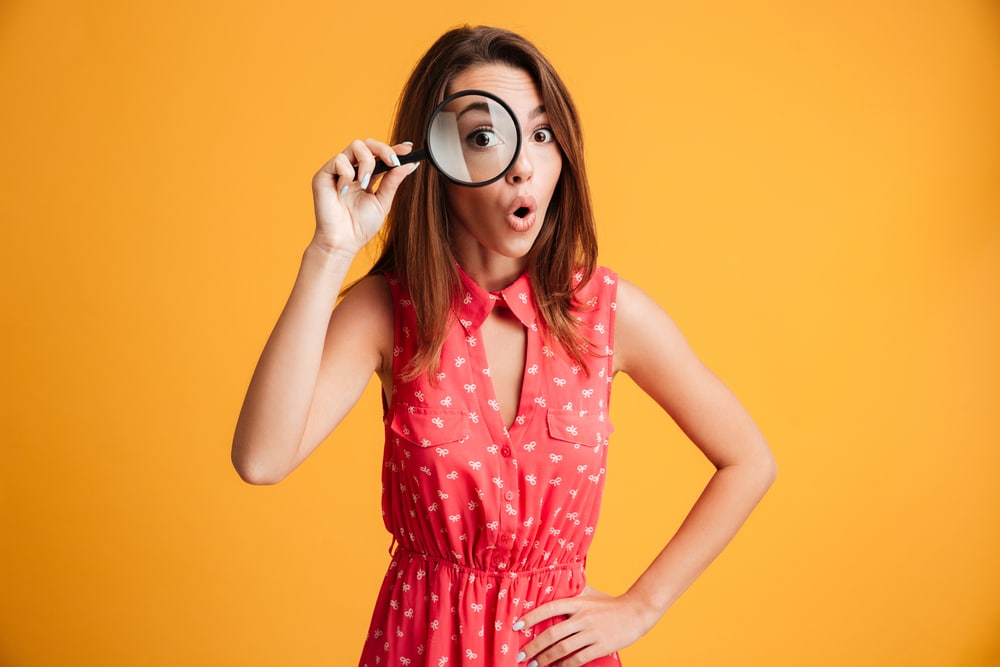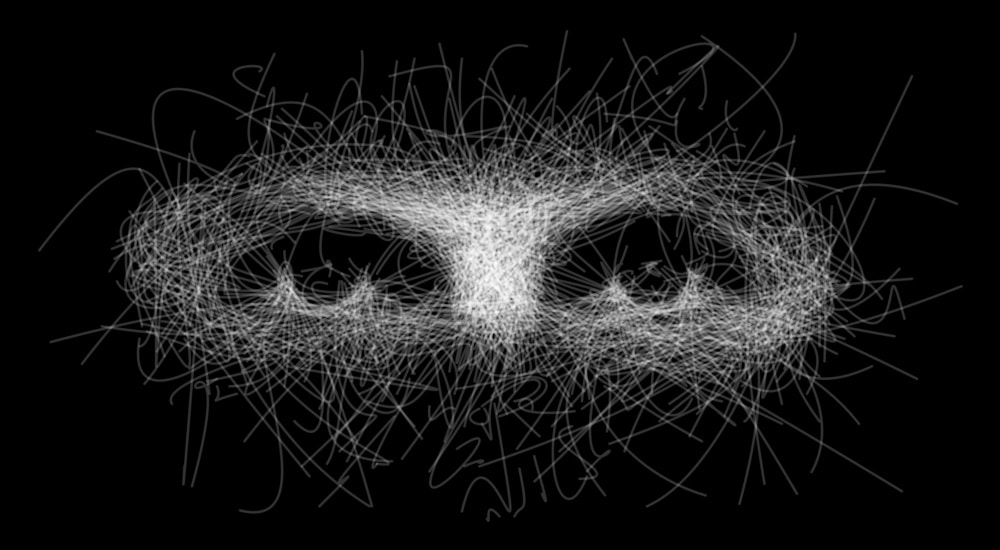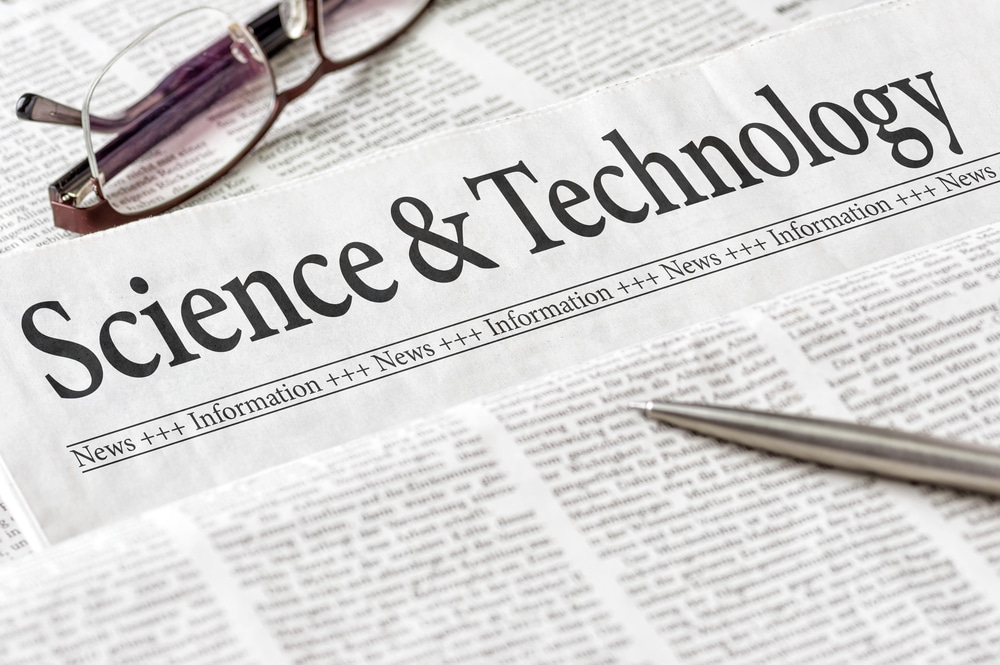Jasmine Birtles
Your money-making expert. Financial journalist, TV and radio personality.

People have lost so much faith in the mainstream media that big corporations are now bringing so-called ‘fact-checkers’ to tell us, the media consumers, whether something is genuine or not.
Great idea in theory…until you dig a little deeper and find that the so-called fact-checkers are being paid by people and organisations that have more than a little skin in the game and want to direct the news agenda to suit themselves.
My friend Claire Masson has been studying this phenomenon for over a year now (she works in online education) and has found some astoundingly mendacious motives behind many of the names we’ve grown used to hearing about.
Find out what she uncovered that will help you decide where to go for your facts from now on,
This was supposed to be an easy article to write. A simple piece on the accuracy of fact checking sites. What it turned into was a murky exploration into just how frightening even a search for a simple truth can be when hidden under a sea of information, some of it correct, but most of it incorrect, inaccurate or misleading. Or to quote the librarian, Rutherford D. Rogers, “We are drowning in information and starving for knowledge.”
During the research, there seemed to be no end to how deep one had to delve just to be assured that a certain “fact checking” site didn’t have a conflicting interest or was owned (or funded) by a larger entity with a conflicting interest.
If you are short on time, let’s start with the article’s conclusion:
It’s best to distrust all fact checking sites, including (we’re sad to write) scientific peer-reviewed research articles. It is safer to develop a sceptical approach when researching most facts, whilst actively seeking out opposing information to balance one’s own bias. And if you have the time to find other sources to confirm your original conclusion, even better. After all that, apply your best judgment.
As Rogers bemoaned, becoming knowledgeable is difficult when surrounded by media designed to seed confusion, doubt and fear.
Heck, when even Larry Sanger co-founder of Wikipedia, advises caution when using his own creation one realises how difficult it is to be confident in reported facts.

We live in a scientific age. It has brought us wonders our ancestors would never have dreamt possible, but it has also meant that we must trust one another even more.
Today, no one person or group of people can be so well informed to be an expert on many subjects. As science has advanced, so too has the narrow definitions of practicing one particular branch.
Before 2020, for instance, we probably never thought too much about the differences amongst these scientific job categories:
And yet all four types have been walking across our screens for the past 22 months giving scientific sounding opinions on one another’s area of expertise.
When listening to someone state a fact with great confidence, it helps to consider that person’s credentials, yes, but also to ask what the limits of their expertise may be in that particular field.
The three little letters of PhD do not apply to all subject matters, but we rarely see media interviewers aligning an expert to the subject matter at hand.
Even, more murky is when organisations such as the WHO, CDC or NHS are cited when it is made up of a large group of varying experts holding different points of view.
The consortium of tech giants (e.g. Twitter, Google, Facebook) along with traditional media (e.g. The Times, Reuters, Financial Times, Washington Post) anointed themselves as the arbiters of truth. Their claim to legitimacy comes from cherry picking certain recommendations of the WHO or CDC.
However, even at their best, the WHO and CDC are NOT scientific entities. These three letter organisations are about public health, which is not the same thing as embracing scientific debate.
Certainly Facebook, Twitter, Youtube et al are not scientific entities and the third-party organisations they use to sift out content are certainly not experts. For example, see this letter from the British Medical Journal to Facebook complaining that a peer-reviewed, expert-written, legally-checked article on their website had been blocked by the social media site for ‘inaccuracies’ and being ‘out of context’. As the BMJ says, “We find the “fact check” performed by Lead Stories [the third party organisation] to be inaccurate, incompetent and irresponsible.”
Also, in this article about legal action against Facebook’s so-called ‘fact-checkers’, a court filing responding to a lawsuit filed by John Stossel claiming that he was defamed by a “fact check” Facebook used to label a video by him as ‘misleading,’ Facebook’s lawyers say that the ‘fact check’ was an ‘opinion,’ not an actual checking of facts and declaration of facts. Apparently, under libel law in America, opinions are protected from liability for libel. So that states it in law that ‘fact-checkers’ for Facebook at least are not checking for facts but protected opinions.
As Bret Weinstein explains in reference to the Ivermectin v experimental injection debate, “You don’t have to be a sophisticated thinker to see the gain to some company to sell its product without liability for harming people by outlawing another product that is already established to be so safe and effective that it won the discoverer a Nobel Prize.”
(start from time 1:16:00 on the video)
Bret smoothly passes over any “conspiracy theory” or “coincidence theory” in favour of the more common recommendation to “follow the money.” Or in other words, when ascertaining any particular news story, it behooves us all to ask who gains from this information being explained in this manner?

When considering the conflicting recommendations over the past 22 months, it does seem that George Orwell’s observations in his novel, ‘1984’, were prescient:
“In Oceania at the present day, Science, in the old sense, has almost ceased to exist. In Newspeak there is no word for “Science.”
Orwell both uses a capital S and puts the word, ‘Science’, in quotes, which is an eerie foreshadow to how
“The Science” is being deployed today in a political rather than empirical sense. So, the first question we need to ask when politicians inform us that “we will follow the science” is to ask whose science and in whose interest?
TIP: If “THE” is put before a noun, be suspicious!
As this article in UnHerd (a generally good source of information and opinion) explains, the so-called fact-checking entities all promote their own political agendas, to the detriment of truth.
It quotes the investigative journalist, Glen Greenwald, saying
“Two of the hugest scams are “fact-checking” agencies and those that purport to fight “extremism” online. They all push the same ideology, are run by the same small set of people (see below), and are usually funded by the same small handful of billionaires.”
Edward Snowdon has also called out the so-called fact-checkers in a tweet where he points to one of them that has a former head of the CIA, General Michael Haydon, behind it:
“Have you ever looked at who is behind these new for-profit “fact-checking” companies?” he says. “”NewsGuard” is “advised” by one of the country’s most famous liars—the man who secretly built the global mass surveillance system that, once uncovered, courts condemned as an outrageous crime.”
The original goal of this article was to provide a collection of reputable Fact Checking Sites.
This website lists a group of sites, but it doesn’t provide the most critical information that each of us must ask:
“Who owns the fact checkers and who benefits from certain “facts.”
Unfortunately, the days of quick and easy web searches are no longer the most assured way of fact checking. We are left questioning the fact checkers themselves, as the fact checkers are either owned or funded by organisations with their own incentives.
For instance, the fact checking site called Health Feedback is a member of a vaccine consortium, backed by the World Health Organisation. That sounds official, except that the WHO has already been shown to have provided wrong information as well as preventing the search for truth during the pandemic.
More worrying is that the vaccine alliance has business interests in certain recommendations as well as providing private funding to WHO either directly or indirectly.
I recently examined nearly twenty thousand charitable grants the Gates Foundation had made through the end of June and found more than $250 million going toward journalism. Recipients included news operations including:
An article entitled Journalisms Gates Keepers, from The Columbia Journalism Review, evaluates the role of the Bill and Melinda Gates Foundation funding the likes of the BBC, the New York Times, the Financial Times, to name a few. The article raises the ethical concerns when billionaires bankroll our news.
Also, Children’s Health Defence gives a run-down of £319 million that Gates Foundation gave to hundreds of media organisations here.
Although it is very difficult to drill down to the real money behind many of the so-called fact-checking organisations, we’ve had a go here:
FullFact relies heavily on individual donations and funding from charitable trusts, such as The Joseph Rowntree Charitable Trust and the Nuffield Foundation. However, the website shows tech giants Facebook, WhatsApp and Google also ‘donate’ to the cause. In 2020, these companies gave funding of almost £850,00 between them.
FullFact’s editorial team say donations or payments for their services “in no way compromise their editorial impartiality, regardless of the company or organisation who provide them”.
BBC Fact Check relies mostly on funding from the UK government. In May 2021, Foreign Secretary Dominic Raab announced an uplift of £8 million in funding for the BBC World Service with the aim of “tackling inaccurate reporting and harmful disinformation worldwide”.
The BBC is also part of the ‘Trust Project’, a news industry initiative which is supported by over 70 international news organisations, as well as Google and Facebook. According to The Trust Project, Craig Newmark, founder of Craigslist, was the project’s original funder and Google followed with financial support.
Funders of the project today include the Democracy Fund and the John S. and James L. Knight Foundation.
In 2010, FactCheck.org launched their first public appeal for donations. They claim to have never accepted funds from unions, partisan organisations or advocacy groups. They also state they do not accept funds from corporations, with the exception of Facebook. This, they claim is because the funding is provided as part of Facebook’s own initiative to debunk online deceptions.
Google also has provided the website with a one-time donation to support the fact checking of news surrounding COVID-19 in 2020.
Politifact receive funding via online advertisements and reader donations. As with some of the other sites covered, Politifact has received funding from Facebook. They have also received a large amount of funding from social media app TikTok. Both companies’ donations made up over 5% of Politifact’s total revenue in 2020.
The site will also disclose any individual donation in excess of $1,000. They also state they do not accept donations from anonymous sources, political parties, elected officials or candidates seeking public office.
Propublica relies mostly on public support and donations. Propublica makes public the organisations and donors which make their work possible. They have a list of their larger donors public, however there is not much information given on individual donors. You can read a list of donors here.
The media knows it has a problem as public trust in traditional media is at an all-time low.
In the US, just six corporations own 90% of its media.
Traditional media has tried to police itself, first through the Trusted News Initiative, a BBC led organisation, brings together the very same leaders who run the organisations to fact check themselves.
Critics struggle to voice complaints when addressing main stream or main stream run fact checking sources, as pointed out in this article, It points out that…“This question has been sloppily handled by the mainstream media, which often confuses “misinformation” (unintentionally misleading information) with what they mean, “disinformation,” which is deliberate.”

You’d be forgiven if you thought that quick and dirty web searches were easy to compromise, but surely not peer-reviewed science journals. Sadly, it’s not the case.
Two damning quotes are noteworthy from 2015 (i.e. even before the covid-19 era):
According to the study ‘Drug Companies & Doctors: A Story of Corruption‘ in The New York Review of Books magazine.by Angell M.. “It is simply no longer possible to believe much of the clinical research that is published, or to rely on the judgment of trusted physicians or authoritative medical guidelines. I take no pleasure in this conclusion, which I reached slowly and reluctantly over my two decades as editor of The New England Journal of Medicine.”
Richard Horton, editor of The Lancet, expressed similar thoughts “The case against science is straightforward: much of the scientific literature, perhaps half, may simply be untrue. Afflicted by studies with small sample sizes, tiny effects, invalid exploratory analyses, and flagrant conflicts of interest, together with an obsession for pursuing fashionable trends of dubious importance, science has taken a turn towards darkness”
Unfortunately, the same economic pressures apply to many of the good and honest researchers.
To understand the problem inherent in any scientific journal publications is itself another article. If you are interested, here is an excellent 12 minute video explaining the system of publication and how it leads to poor science.
Up until 2021, the billionaires were satisfied with bankrolling the international news outlets.
In the case of Amazon’s Jeff Bezos, buying the Washington Post, this meant that our smaller, local news sources were sometimes left with more freedom in reporting and expression.
Those days are soon to be gone though. Breaking News, an independent news source, recently reported that billionaire Soros will now “fact check” even the smallest news outlets.
Frankly, it’s almost impossible to find a fact-checking site that it genuinely independent.
However, you can find sources that will give you independent information if you look. Here is how you can pick the good (very few of them) from the bad (sadly, the majority).
A good fact-checking service will include the following:

Ultimately, as the so-called fact-checkers can, in the main, not be trusted, your best bet for checking facts is to look at different sources that have different approaches and different biases to make up your own mind.
Currently, as we’ve seen above, the mainstream media has a very definite bias towards Big Pharma. Big Tech (Google, Facebook, Twitter, YouTube et al) have a similar bias, together with the ‘fact-checking’ sites they fund. So here are some alternative sources of news, research and analysis that you could use to balance out the message you receive from the traditional sources.
Be prepared to leave your comfort zone and dive in (at your own risk!). In alphabetical order.
Do you have any others to add to our list? Let us know in the Comments below

Excellent, and useful links.
Thank you so much MoneyMagpie for providing the platform for Claire Masson’s insightful and illuminating article. She has provided us with facts that stand true when you follow her lead. Has she ever considered setting up her own Fact Check site, I for one would donate to it! A big thanks Claire.